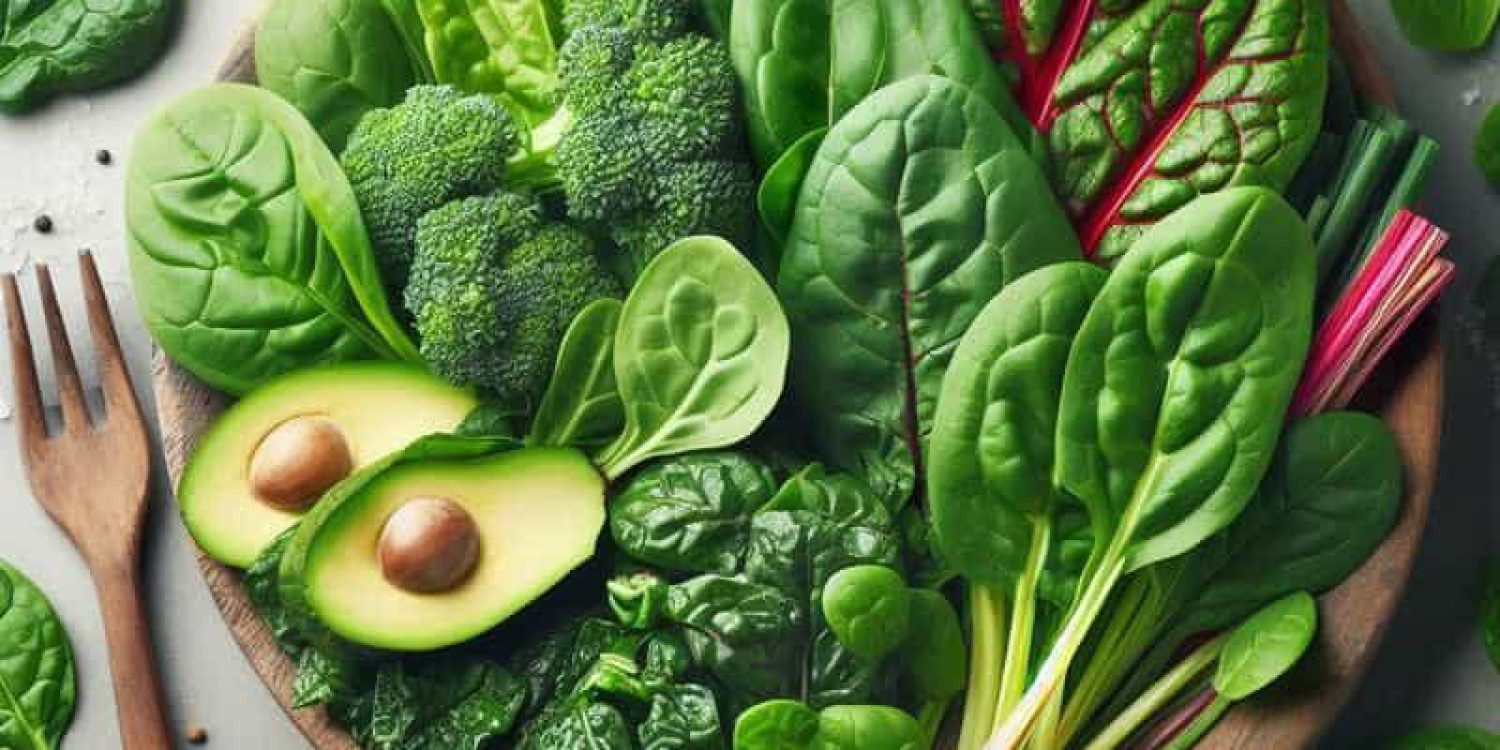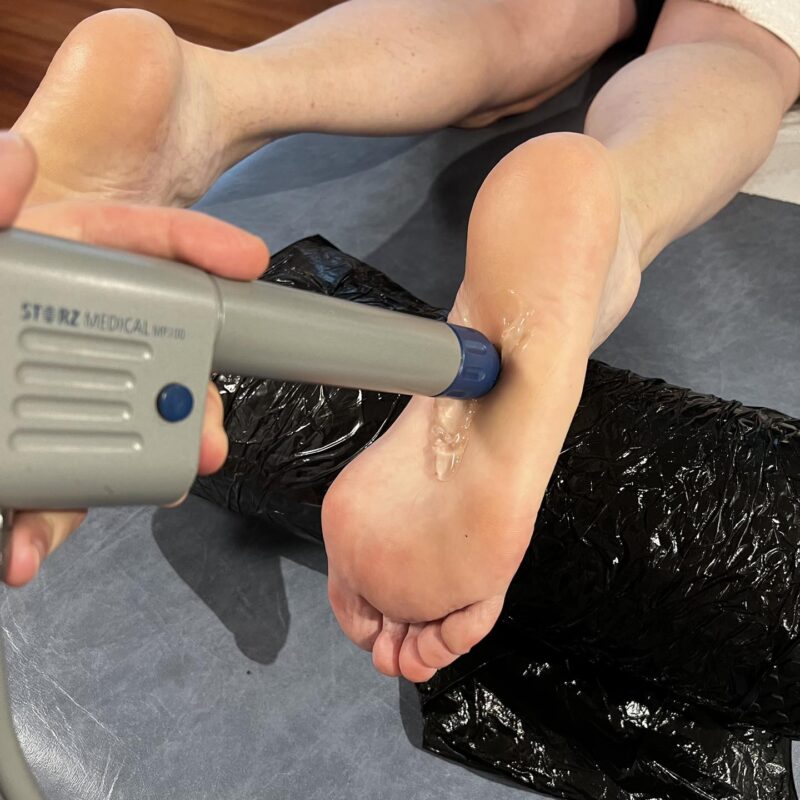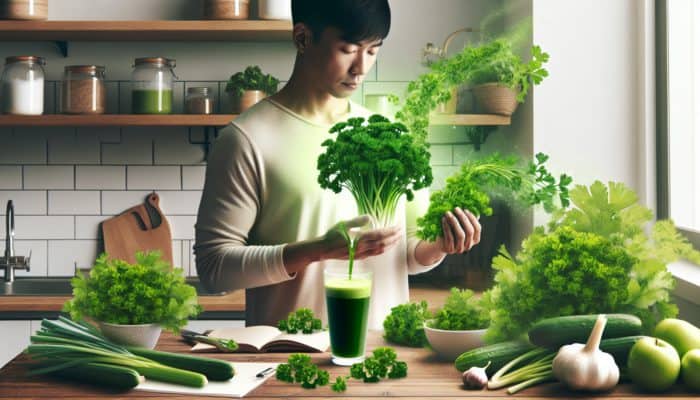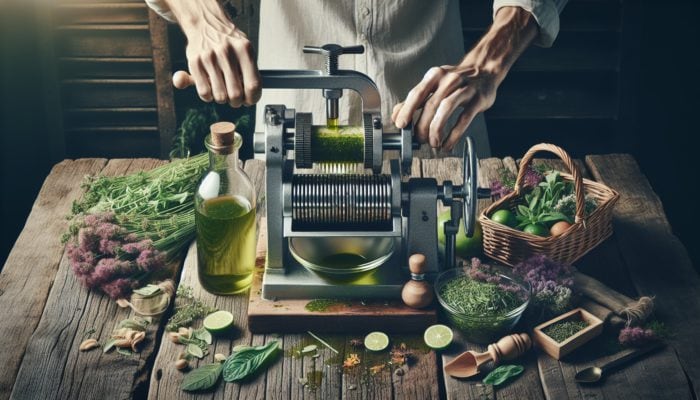Benefits of Skin-Boosting Foods
Many people use skincare products and procedures for having healthy, glowing skin. However, what you eat in your body might be as essential as what you apply to your skin. Eating skin-boosting foods can do wonders for your skin's health and beauty. These foods can nourish your skin and protect it from environmental aggressors since they include minerals, vitamins, and antioxidants. Avocados and leafy greens are a few of the items that might help you have healthy, vibrant skin. In this post, we'll look at some of the best skin-boosting foods, their benefits, and how to incorporate them into your diet.
Main Points to Remember
- Skin-boosting foods can help improve the health and appearance of your skin from the inside out.
- Avocado is an excellent source of healthy fats and vitamins that nourish and hydrate the skin.
- Berries are packed with antioxidants that protect the skin from damage and ageing.
- Fatty fish like salmon and mackerel provide omega-3 fatty acids to reduce inflammation and keep the skin supple.
- Nuts, seeds, and leafy greens are rich in vitamins, minerals, and antioxidants, promoting overall skin health and radiance.
- Incorporating skin-boosting foods into your diet can be as simple as adding them to smoothies, salads, or snacks and can make a noticeable difference in your skin's appearance and health.
Avocado for Healthy Skin
Avocados are great for your skin and taste great, too. Because of the monounsaturated fats and other beneficial fats they contain, they can aid in retaining moisture in the skin. The powerful antioxidant vitamin E is abundant in avocados and is known to improve and safeguard skin health. In addition to calming irritated skin, vitamin E contains anti-inflammatory properties. Avocados also contain vitamin C, which is required to create collagen, a protein that helps the skin keep firmness and elasticity. Avocados can help nourish and hydrate your skin from within, resulting in a brighter complexion.
In addition to eating avocados, you may apply them topically as a natural skincare treatment. Avocados' high-fat content makes them an excellent moisturiser for dry or flaky skin. Make an easy DIY avocado facial mask by mashing a ripe avocado and applying it to your face for 10-15 minutes before rinsing. Vitamin E, a powerful antioxidant, is abundant in avocados. Avocados are a flexible and nutritious fruit that can help your skin when consumed and used in beauty routines.
Berries for Antioxidant Power
In addition to being delicious, the antioxidants in berries like raspberries, blueberries, and strawberries are great for your skin. Antioxidants are a great asset to prevent free radical damage to the skin from things like pollution and ultraviolet light. This can assist to prevent premature ageing and improve the general condition of your skin. Berries are exceptionally high in vitamin C, which is required for collagen formation and can help improve skin firmness and suppleness. Furthermore, the high quantities of anthocyanins in berries have anti-inflammatory qualities that can help reduce redness and irritation on the skin.
Consuming a variety of berries can offer your skin a diverse spectrum of antioxidants and nutrients. Berries can be readily incorporated into your diet by adding them to smoothies, muesli, and yoghurt or being eaten as a snack. Furthermore, you may make your berry face masks by mashing berries and applying them to your skin for a refreshing and antioxidant-rich therapy. Consuming berries daily can help protect your skin and create a healthy, beautiful complexion.
Fatty Fish for Omega-3s
You can get many omega-3 fatty acids your skin needs from fatty fish, such as sardines, mackerel, and salmon. Skin problems like acne and eczema get much worse whenever there is inflammation, but omega-3 fatty acids help keep the skin supple and hydrated. Omega-3 fatty acids also increase the skin's barrier function, which aids in keeping moisture, preventing dryness and protecting the skin from sun damage. You can nourish your skin from the inside out and encourage a radiant complexion by eating fatty seafood.
Incorporating fatty fish into your meals a few times weekly can offer your body an adequate supply of omega-3 fatty acids. Grilling or baking fish with various herbs and spices can result in a tasty and healthy dinner for your general health and skin. If you don't like fish, consider taking fish oil supplements to guarantee you get enough omega-3s. Eating more meals high in omega-3 fatty acids may help your skin look healthier and feel better.

Nuts and Seeds for Skin Health
Nuts and seeds are high in nutrients and can help you achieve healthy, bright skin. They are high in essential fatty acids, including omega-3s and omega-6s, necessary for the skin's structure and function. These fatty acids moisturise the skin and may contain anti-inflammatory properties that can aid with acne and psoriasis. The skin benefits from a diet rich in nuts and seeds because they include selenium, zinc, and vitamin E, among many other minerals and vitamins.
Nuts and seeds are a great source of several nutrients for your skin. You can consume nuts and seeds as snacks or sprinkle them on top of yoghurt, muesli, or salad. You may also use nut butter as a tasty spread or dip for fruits and veggies. You can nourish your skin and produce a bright, beautiful complexion by incorporating nuts and seeds into your diet.

Leafy Greens for Vitamins and Minerals
Leafy greens, like spinach, kale, and Swiss chard, are nutritious powerhouses that can help your skin in various ways. These foods are rich in skin-healthy minerals like iron and folate and vitamins A, C, E, and K. For example, vitamin A is essential for cell turnover and repair, whereas vitamin C is required for collagen production and oxidative damage protection. Furthermore, leafy greens' strong antioxidant content can protect the skin from environmental pressures while promoting a young appearance.
Adding leafy greens to your meals is simple and can be done in various ways. You may add them to smoothies, salads, soups, and stir-fries to improve their nutritional value. Leafy greens can also be used to make homemade pesto or added to omelettes or frittatas for a beautiful and nutritious supper. Regularly consuming leafy greens can give your body the necessary vitamins and minerals to promote skin health and beauty.
Incorporating Skin-Boosting Foods into Your Diet
Incorporating skin-boosting items into your diet can significantly improve your skin's health and appearance. Avocados, berries, fatty fish, nuts and seeds, and leafy greens are high in critical nutrients, vitamins, antioxidants, and healthy fats, which nourish and protect your skin from within. Adding these items to your diet regularly may help promote healthy skin and a radiant complexion.
To incorporate more skin-boosting items into your diet, consider putting them on your weekly grocery list so they are easily accessible when cooking meals or snacks. You can also attempt new recipes with these items as primary ingredients or incorporate them into dishes you enjoy. Consider meal planning or batch cooking to ensure you have healthful meals on hand all week. Tasty and nutritious meals can be yours with only a few diet adjustments and skin-boosting products' prioritisation. Incorporating these foods into your diet daily will help you achieve the best outcomes for your skin, but remember that consistency is critical.
FAQs
What are some foods that are good for your skin?
Some good foods for your skin include fatty fish, avocados, walnuts, sunflower seeds, sweet potatoes, red or yellow bell peppers, broccoli, tomatoes, soy, dark chocolate, and green tea.
How do these foods benefit the skin?
Fatty fish, avocados, and walnuts contain omega-3 fatty acids, which help keep skin thick, supple, and moisturized. Sunflower seeds and sweet potatoes are high in vitamin E, which protects the skin from damage. Red or yellow bell peppers, broccoli, and tomatoes are rich in antioxidants that help protect the skin from sun damage. Soy contains isoflavones that improve wrinkles, collagen, skin elasticity, and skin dryness. Dark chocolate and green tea are highly antioxidants that can improve skin texture and hydration and protect against sun damage.
Are there any specific nutrients that are important for skin health?
Some essential nutrients for skin health include omega-3 fatty acids, vitamin E, vitamin C, and antioxidants such as polyphenols and flavonoids.
Can these foods help with specific skin conditions?
Yes, these foods can help with specific skin conditions. For example, fatty fish and walnuts can help reduce inflammation and improve symptoms of acne and eczema. Foods high in antioxidants can help protect the skin from sun damage and reduce the risk of skin cancer. Soy may help improve the appearance of ageing skin by increasing collagen production.
How much of these foods should be consumed for skin benefits?
A balanced diet with various foods is recommended to ensure overall skin health. No specific quantity guarantees skin benefits, but incorporating these foods into your diet can improve skin.
Brought To You By:
References
Discover the 7 Great Benefits of Almonds for Skin, Hair, and More! – ANNVIO. https://annvio.com/benefits-of-almonds-for-skin-hair/
Unveiling the Skin-Healing Wonders of Grapefruit Extract: A Natural Re-Asssembled Skincare. https://www.assembledskincare.com/blogs/news/unveiling-the-skin-healing-wonders-of-grapefruit-extract-a-natural-remedy-for-inflammation-reduction
How to Build a Stronger Immune System with Nutrition | Worldhealth.net Anti-Aging News. https://worldhealth.net/news/how-build-stronger-immune-system-nutrition/



























26 Comments
I found your exploration of skin-boosting foods to be incredibly enlightening. It’s fascinating how our dietary choices directly influence not just our overall health, but also, specifically, the health and appearance of our skin. I’ve always believed in the adage “you are what you eat,” but your post definitely deepens that concept, highlighting the genuine connection between nutrition and skin vitality.
It’s great to hear that you found the exploration of skin-boosting foods enlightening. The connection between nutrition and skin vitality is indeed compelling, and it makes you think about how much power our choices really hold. I often find myself reflecting on that adage, “you are what you eat,” especially when I try new recipes or incorporate seasonal produce into my meals.
You make a great point about the power our food choices hold. It’s fascinating how much our skin can reflect what we eat. Trying out new recipes with seasonal produce not only keeps meals exciting but also ensures you’re getting the freshest nutrients. I’ve noticed that incorporating colorful fruits and veggies really enhances not just the taste but also the satisfaction of knowing I’m doing something good for my skin. Do you have any favorite recipes or seasonal ingredients you’re loving right now? I’d love to hear what’s inspiring you in the kitchen!
It’s rewarding to hear that you found the exploration of skin-boosting foods enlightening. The connection between what we put into our bodies and how it reflects on our skin is genuinely compelling. It’s amazing how a single meal can impact our mood, energy levels, and, as you pointed out, our skin health.
“Discover a world of opportunities and inspiration waiting for you – click here to embark on a journey that could transform your perspective and enrich your experience!”
https://mcrtherapies.co.uk/ig
You’ve really captured a fascinating aspect of nutrition that often gets overlooked. It’s intriguing how the impact of our food choices can create a ripple effect through our overall well-being. I’ve noticed that when I incorporate more whole foods like fruits, vegetables, and healthy fats into my diet, not only does my skin seem to glow, but I also feel more energized and focused throughout the day.
It’s interesting to hear your experiences with whole foods. The connection between nutrition and how we feel can be quite profound. Many people overlook how our food choices can influence not just physical health but also mental clarity and emotional well-being.
I completely agree with you about the fascinating connection between our diet and skin health. It really makes you think about how food is more than just sustenance; it impacts our overall wellness so profoundly. Incorporating skin-boosting foods into my meals has not only improved my complexion but also enhanced my overall mood and energy levels, creating a positive feedback loop that’s hard to ignore.
If you found the link between food and skin health intriguing, you might also appreciate how the right diet can significantly boost muscle recovery, enhancing your overall well-being.
‘Optimal Diet for Muscle Recovery’
https://mcrtherapies.co.uk/optimal-diet-for-muscle-recovery/.
It’s great to hear how food has played such a positive role in your life! The link between diet and skin health really can’t be overstated; it’s amazing how what we eat influences not just our appearance but also our mood and energy levels. It’s almost like building a solid foundation for our overall health.
It’s interesting how deeply intertwined our diet is with different aspects of our health, isn’t it? The way you describe incorporating skin-boosting foods and noticing improvements in both your complexion and mood reflects a wider truth about how what we eat can affect our entire well-being. It’s almost like an intricate dance: good nutrition not only nourishes the skin but also supports mental clarity and energy levels, which creates a sort of synergy that can be truly transformative.
I completely resonate with your perspective on how our dietary choices impact not only our health but also the health and appearance of our skin. It’s so true that “you are what you eat” goes well beyond just weight or body composition. The skin is often regarded as a reflection of our inner health, and I think that’s a profound insight.
I completely agree with you; it’s fascinating how our dietary choices manifest in our skin’s health. I used to think of skincare as just a topical issue, but as I’ve learned more, it’s clear how intertwined our internal health is with our external appearance. The whole idea that “you are what you eat” really resonates, almost like our skin is this canvas that reflects our lifestyle choices.
You’ve hit on such an important point about the connection between diet and skin health. It’s interesting how many people view skincare as solely about products and routines, but really, it starts from the inside out. I’ve definitely noticed how my eating habits can influence not just my skin, but my overall energy and mood too.
“Absolutely! It’s amazing how our choices shape our skin. If you’re looking to enhance that connection even further, check out this resource that dives deeper into the impact of nutrition on skincare.”
https://mcrtherapies.co.uk/fb
I really appreciate your perspective on the connection between our dietary choices and skin health. It’s interesting how we often overlook the fact that what we consume can have such a visible impact on our appearance. I’ve noticed firsthand that certain foods, especially those high in processed sugars and unhealthy fats, can lead my skin to feel less vibrant.
It’s great to hear that you found the exploration of skin-boosting foods enlightening. The link between what we eat and how our skin looks really can’t be overstated. When we think about skin vitality, it’s like treating our bodies as a complex ecosystem—everything from hydration to nutrient density plays a role.
It’s great to hear that the piece resonated with you. The connection between what we eat and our skin’s health is often overlooked. For instance, foods rich in antioxidants—like berries and dark chocolate—can help fend off free radicals that accelerate aging. Plus, healthy fats from sources like avocados and nuts support the skin barrier and keep it hydrated.
Thank you for your thoughtful comment! If you’re interested in digging deeper into skin-nourishing foods and discovering some delicious recipes, check out this guide I created. Your skin will thank you!
https://mcrtherapies.co.uk/ezi
It’s intriguing how the conversation around skin health has shifted towards diet rather than just topical treatments. While I’ve seen firsthand how foods like avocados and berries can improve skin texture, I wonder about the sustainability of incorporating such skin-boosting foods into daily meals.
The shift towards focusing on diet in skin health is certainly a fascinating trend, and you’re right to highlight the role of foods like avocados and berries in improving skin texture. It’s encouraging to see more people making the connection between what goes into their bodies and how their skin looks and feels. When we think about skin health, it used to be just about creams and serums, but the conversation around nutrition is bringing a whole new layer to the discussion.
“Discover a world of possibilities that await you—click here to unlock insights and opportunities that could transform your journey and elevate your potential.”
https://mcrtherapies.co.uk/ezi
You’ve touched on a significant point about skin health being influenced by what we eat. It’s often easy to overlook how daily meals can contribute to our overall skin condition. Incorporating foods like avocados and berries doesn’t have to feel like a chore or a huge life change; it can simply become part of how we think about food.
“Unlock exclusive insights—discover more here!”
https://mcrtherapies.co.uk/ezi
I really appreciate this deep dive into how what we consume affects our skin health! It’s so easy to focus solely on our skincare routines, using different creams and serums, while forgetting the power of nutrition. It reminds me of a time when I was struggling with dull skin and didn’t realize that my diet was lacking in essential nutrients. I wasn’t including enough healthy fats or antioxidants, and it showed. Once I started incorporating more avocados and berries into my meals, I noticed a significant change in how my skin felt—much more hydrated and vibrant.
This is such an interesting take on the link between diet and skin health! I’ve definitely noticed a difference since I started incorporating more berries and avocados into my meals. It’s amazing how foods rich in antioxidants and healthy fats can really change your complexion.
It’s great to hear that you’ve noticed a difference with berries and avocados. Those little powerhouses are packed with vitamins and healthy fats that can really nourish your skin. I’ve found that exploring a variety of fruits and veggies can be helpful too. For instance, adding sweet potatoes or leafy greens can enhance that glow because of their beta-carotene and nutrients. It’s interesting how our bodies respond to what we feed them, isn’t it? Have you experimented with any other skin-friendly foods?
I’m so glad to hear you’ve seen such positive changes! If you’re interested in exploring more about how certain foods can benefit your skin, check out this resource I found—it’s packed with tips and recipes to help you glow even more!
https://mcrtherapies.co.uk/ezi
This post on skin-boosting foods resonates with my own journey towards achieving healthier skin through dietary choices. I have often found that while topical treatments and skincare routines are essential, the impact of what we consume cannot be overstated. The connection between nutrition and skin health is truly fascinating and often overlooked.
It’s great to hear that you’re on a journey towards healthier skin through your dietary choices. You’re spot-on about the interplay between what we eat and our skin’s condition. A well-balanced diet not only affects our overall health but can definitely help combat various skin issues.
It’s great to hear your perspective on the connection between diet and skin health. I completely agree that while we often focus on products and routines, our dietary choices play a crucial role. For me, it has been eye-opening to learn how certain foods can impact not just skin appearance but also overall well-being.
It’s great to hear that you’ve found a connection between your diet and skin health on your journey. It’s interesting how often we focus on creams and serums while the food we eat quietly does so much work beneath the surface. Our skin is a reflection of what we put in our bodies, and it can tell us a lot about our overall health.
I really resonate with the idea that what we eat has such a direct impact on our skin health. I’ve found that incorporating more berries into my breakfasts has not only satisfied my sweet tooth but also left my skin looking brighter. It’s interesting to think about how foods like avocados and salmon not only taste great but also nourish us on a cellular level. I wonder if anyone else has played around with smoothies or salads packed with skin-boosting ingredients? The combination of flavors and health benefits can be pretty exciting—a great way to treat yourself while caring for your skin. Looking forward to exploring more of these tips!